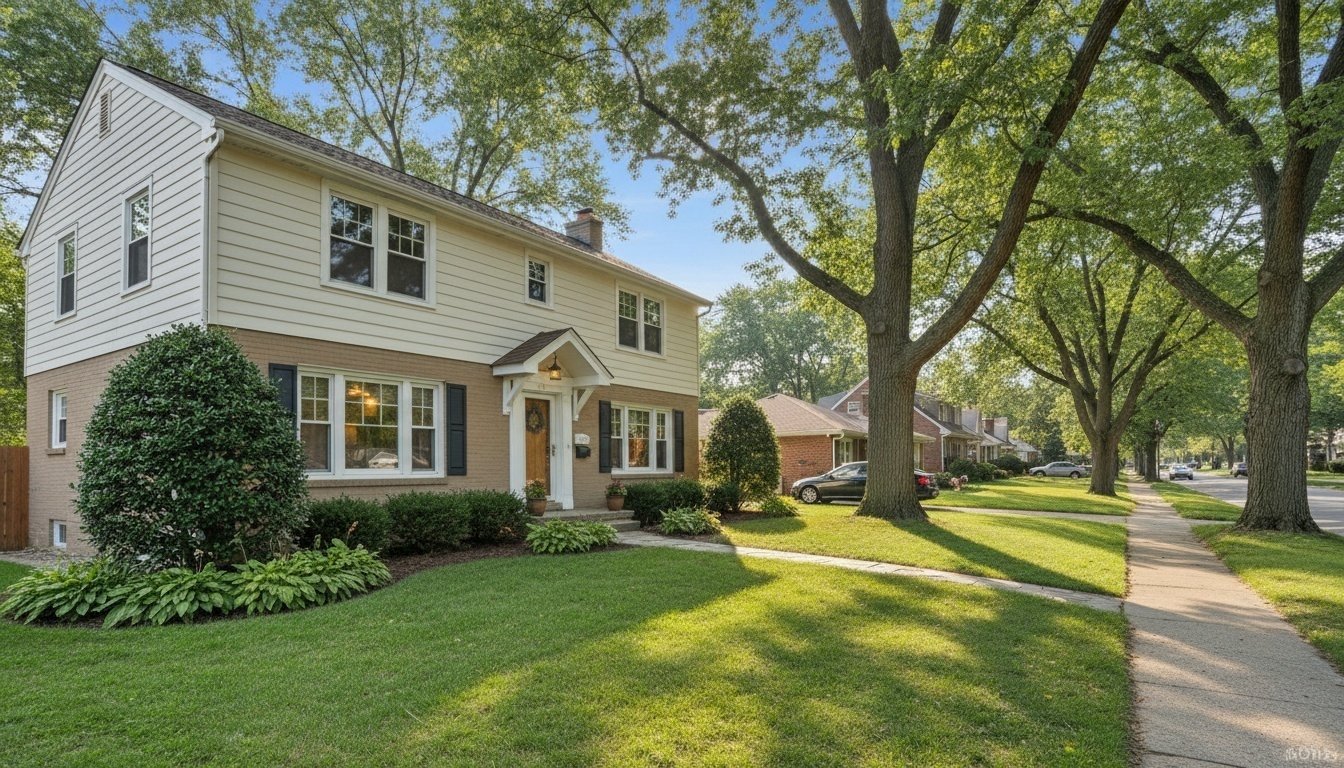Are you looking for your next investment property?
Whether you prefer to fix-and-flip or buy-and-hold, foreclosure sales and short sales provide unique opportunities for real estate investors. They can offer significant benefits, including discounted prices, lower levels of buyer competition, and higher return potential than traditional acquisitions. However, these types of transactions can also come with challenges, like “as-is” conditions and hidden costs.
Understanding the differences between foreclosure sales and short sales, and the different ways they are purchased, will help you make informed investment decisions.
In this article, we’ll explain the ins and outs of foreclosures and short sales, discuss the pros and cons of each, and show you how to find and pursue these opportunities in your market.
What Are Foreclosure Sales?
Foreclosure sales are real estate transactions in which a mortgage lender sells a property to recover money owed on a defaulted mortgage. This happens when a buyer fails to repay their mortgage as scheduled and is unable to modify the loan or refinance to reduce the monthly payments to fit their budget.
Foreclosure sales can happen in one of three ways:
-
Preforeclosure sales. When a borrower misses mortgage payments, the lender serves them a notice of default. The default notice will outline a grace period for the borrower to repay the debt or sell the property to avoid foreclosure.
-
Foreclosure auctions. Once a lender has seized a property through foreclosure, they typically attempt to auction the property off to the highest bidder. Some auctions require cash bids, disqualifying buyers who would need financing.
-
Real Estate Owned (REO) sales. If a property fails to sell at auction, the lender will market the property through traditional channels, typically hiring a real estate agent to list the property on the open market.
Pros and Cons of Buying Real Estate Through Foreclosure Sales
The benefits of buying real estate through foreclosure sales include:
-
Lower purchase prices. Foreclosed properties are often sold below market value.
-
Potential for investment returns. Foreclosure properties often have fixer-upper potential, creating an opportunity for you to add value before renting the unit or reselling.
-
Reduced competition. Pre-foreclosures and auctions are not listed on the Multiple Listing Service (also called the MLS, which is the database of local properties for sale), so they attract less attention from other buyers.
-
Negotiation potential. Sellers in pre-foreclosure are motivated to sell quickly to avoid foreclosure. And lenders who have foreclosed want to sell fast to minimize holding costs. So you could have room to negotiate further discounts.
The potential downsides of buying real estate through foreclosure sales include:
-
“As-is” condition. Foreclosed properties are typically sold in their current condition, which may include deferred maintenance or damage.
-
Limited access to the property before closing. You might not have the opportunity to fully inspect the property before purchasing, especially in auction sales. This can complicate your due diligence process.
-
Risk of additional costs. Foreclosed homes can come with hidden expenses, such as unpaid taxes, liens, or repair costs.
-
Competitive investor buyers. While fewer buyers will be competing for foreclosures, the prospective buyers are more likely to be experienced investors, perhaps able to make all-cash offers.
What Are Short Sales?
Short sales are real estate transactions in which a homeowner sells their property for less than the total amount owed on the mortgage. This typically happens when the property’s market value has dropped below the outstanding loan balance and the borrower is facing financial hardship. In this case, the lender agrees to accept a reduced payoff amount to avoid going through the foreclosure process and seize an asset that is not worth the amount owed.
Pros and Cons of Buying Real Estate Through Short Sales
The benefits of buying real estate through short sales include:
-
Potential for discounted prices. Because the seller and their lender are both motivated to avoid foreclosure, they may be willing to accept a below-market offer.
-
Lower competition. While short sales are listed on the market, many buyers ignore them because the lender's involvement makes them more complex than a standard transaction.
-
Opportunity for inspections. Buyers can usually inspect the property during a short sale, allowing them to assess its condition and potential repair costs before committing.
-
Flexibility in financing. Short sales allow for traditional financing options, unlike many foreclosure auctions that require cash payments.
The potential downsides of buying real estate through short sales include:
-
Lengthy process. Short sales can take longer to close, as lenders need to assess the seller’s financial situation and approve the sale.
-
Uncertainty in approval. There’s no guarantee the lender will approve the short sale, even after a deal has been reached with the seller.
-
As-is condition. Like foreclosures, short-sale properties are typically sold in their current condition, so you may need to invest in repairs or renovations.
-
Potential for hidden costs. Also like foreclosures, you could face unexpected expenses, such as unpaid property taxes, HOA fees, or liens, that need to be resolved before closing.
How to Find Foreclosures and Short Sales
The best way to find foreclosures and short sales is to subscribe to a comprehensive real estate database that combines MLS listings, public records, mortgage data, and skip-tracing services, which allow you to contact the owners directly.
While you can find some foreclosures and short sales without this type of database, the time and effort required to comb through multiple sources typically end up causing you to miss opportunities and costing you money.
PropertyReach provides all the features you need to:
-
Locate foreclosures and short sales.
-
Check for unpaid taxes or other liens against the property.
-
Research title and ownership claims against the property.
-
Determine the current value so you can make an informed offer.
-
Estimate the ARV (after-repair value) so you can project potential profits from flipping the property.
-
Reach out to the owners directly to make an offer before other potential buyers learn of the opportunity.
Sign up for your free trial at PropertyReach.com today and find foreclosures and short sales for your next investment property!


